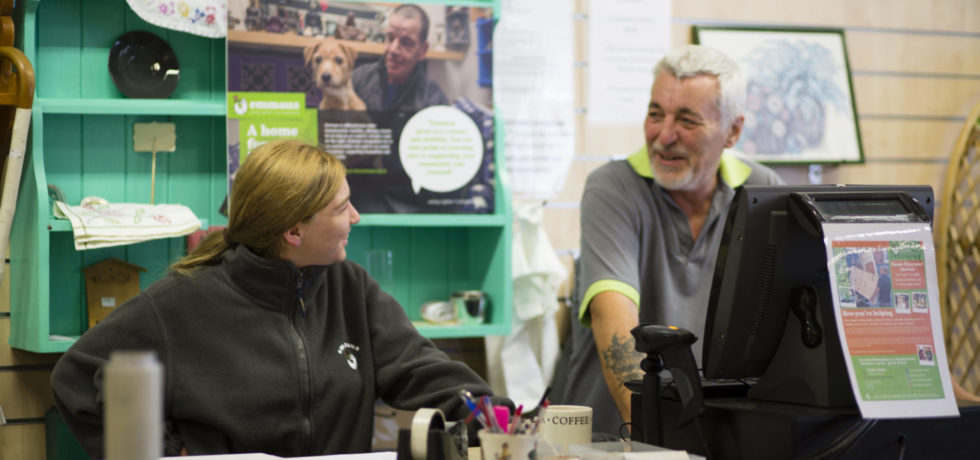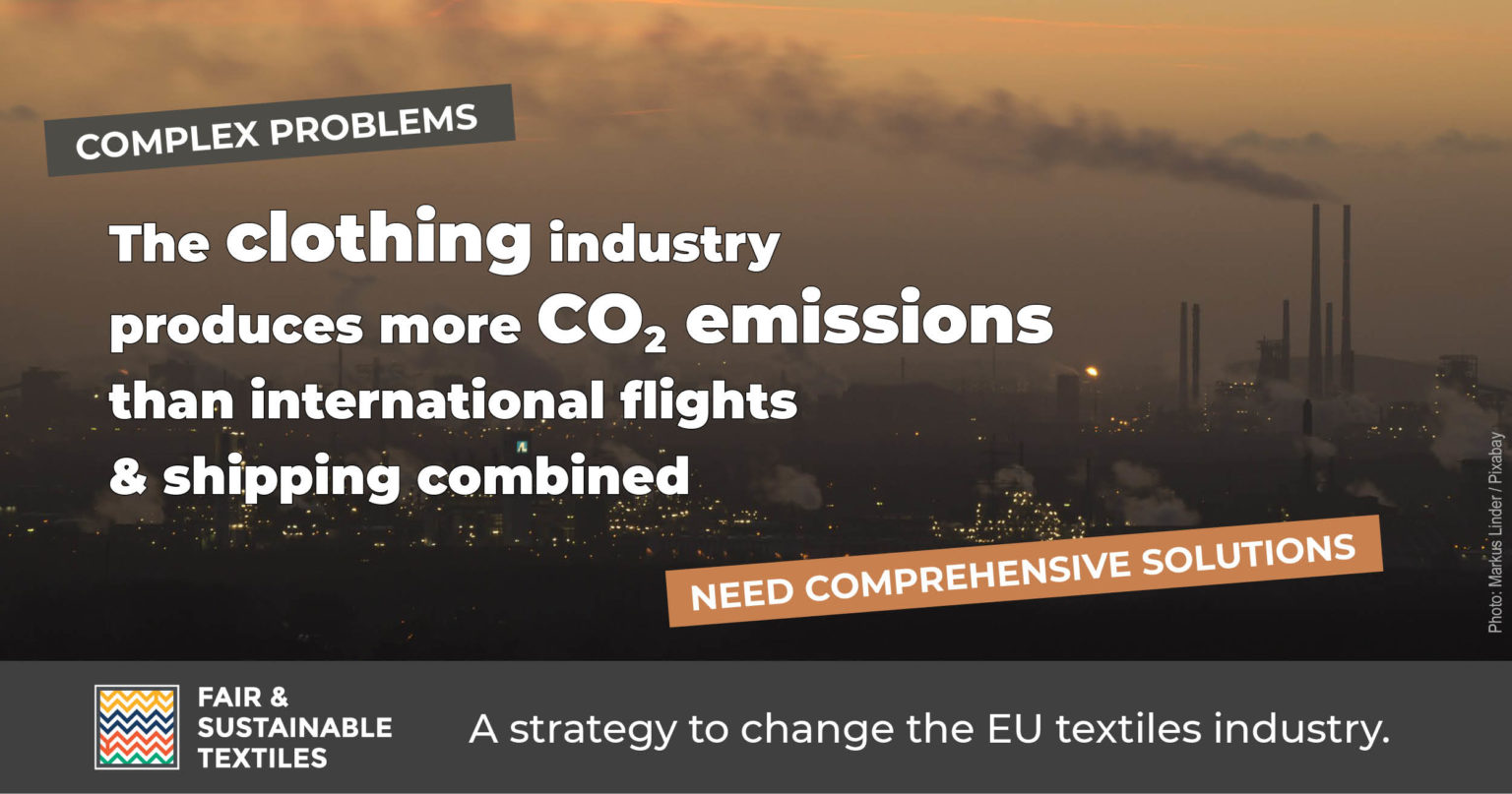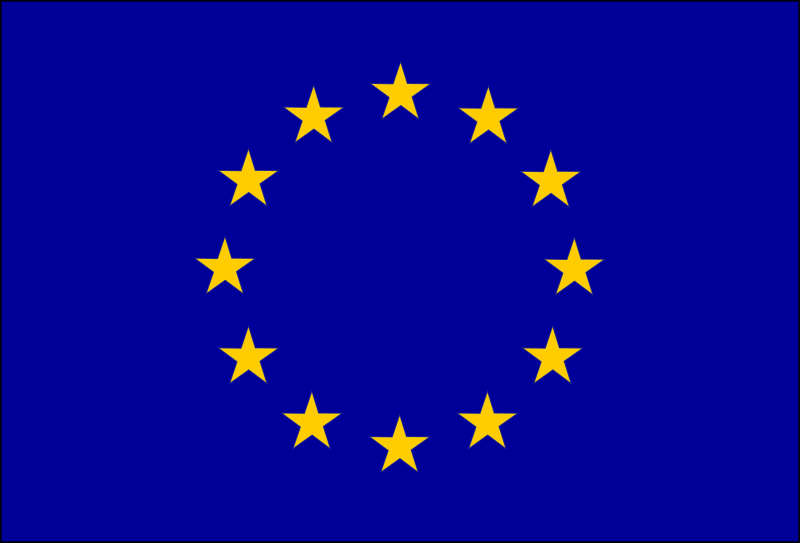Emmaus in the UK
Based on an Interview with Sue Taylor President of Emmaus UK and National delegate for UK at Emmaus Europe’s regional Council.
Can you tell us more about the beginnings of Emmaus in the UK?
In the late 80, in Cambridge, some volunteers distributed midnight soup to street people when one of them cried “We don’t need food, we need work.” One of these volunteers, Selwyn Image, suddenly remembered the 60’s and his several-month stay as a volunteer at the Emmaus Neuilly-Plaisance community in France. He made contact with Emmaus International and launched the first ragpickers community in Cambridge in 1991.
Today most communities offer between 20 and 40 places for people to live. No two Emmaus communities are the same – each has its own individual personality, providing a set of services that meet the needs of its local area. Each one has at least one shop or social enterprise, with many running successful cafés, shops, gardening projects and removal companies. Together, they work to overcome homelessness and social exclusion while using the voice of Emmaus to achieve social change.
In UK Emmaus represents a different way to fight against homelessness, please tell us more.
Often, the view people have of someone experiencing homelessness in the UK is of a person sleeping in a shop doorway or on a park bench, but there are also huge numbers of people staying with friends or sofa-surfing. This is the side of homelessness in the UK we might not see, but it can have just as devastating an impact on the lives of the people going through it.
Much of the support that is available is only able to provide a bed for the night and a hot meal, but the next morning they are back on the streets again. This doesn’t necessarily give the individual the opportunity to address the root cause of their homelessness and find a long-term way to overcome it.
This is where Emmaus in the UK is different from other support providers with our unique model offering a home as well as meaningful work in our social enterprises. This opportunity, to become part of a community and make a contribution to it, plays an important role in restoring self-esteem and helping companions to find a way to overcome homelessness in the long term. Our social enterprises are an integral part of community life and help us to generate the income that will ultimately make each of our communities self-sustaining, something every community is working towards. But for the moment our activity is also supported by our local authorities paying towards our companions housing costs while they live within our community and by private donors. Our national organisation is an essential support for fundraising and communication.
What are the main business activities of Emmaus in the UK?
The main business activity for Emmaus communities is collecting donated furniture and household goods and selling them in our shops. Some items are refurbished or, in the case of electrical items, PAT tested for safety. Our research shows that 79% of companions who have lived at Emmaus for a few months say that working and having something to do every day has been the most beneficial part of their experience.
The backbone of Emmaus social enterprise in the UK is the sale of second hand furniture but we also operate cafés, house clearance businesses, gardening projects and clothing shops. Communities and groups also operate bulky waste collection services or provide outreach support contracts with their local authorities. Many Emmaus communities also “upcycle” old furniture, re-painting and re-upholstering it to give it a new lease of life before it is sold on. This gives Emmaus companions the opportunity to gain new skills or use their existing creative flair to bring something back into use.
What is you approach of companion training and development?
During their time living in an Emmaus community, companions are encouraged to undertake training and wellbeing activities for their personal and professional development. Emmaus supports companions in pursuing their goals; holistically and financially. Last year, Emmaus companions were supported to complete 1850 training courses. The types of activities can include formal courses and qualifications, training, sporting activities, visits to other Emmaus communities in the UK and abroad, etc.
These opportunities can help companions to develop new skills (or build on existing ones), boost their confidence, improve mental and/or physical health and wellbeing, and increase employability. Recent achievements include companions learning to drive, gaining a qualification in upholstery, qualifications in furniture making, a forklift truck licence, visits to overseas communities, a baking course, horse riding lessons, and many more.

© Emmaüs Colchester






